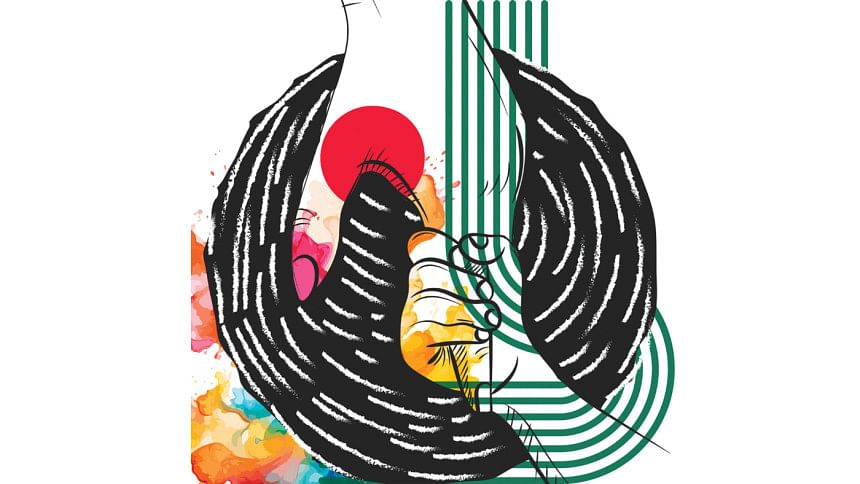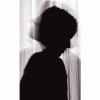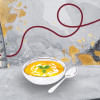De mi para ti;

I see her now, but not in the way I have always seen her—through the lens of service, of duty, of roles—but as a woman whose edges were softened long before I learned her name. Sometimes, on a random Tuesday afternoon, she drops a harmless anecdote, a sacred fragment of herself so small I almost miss it. A youth defeated against the harshness of an unforgiving world. An unfinished tale of rebellion folded carefully into the wrinkles of her muted life. And in those little moments, I blankly stare at her, as if I have never truly seen her before.
There is a wound that rests between us, mended together by years of words unspoken and unheard. Her confessions, when they come, are whispered through shattered glass. The air between us feels heavy, as though it could break any minute under the weight of things I have never asked her—about the things she desired, the dreams she lost, the pieces of herself she abandoned without question.
The words settle between us like a shadow, her story caressing against the confines of my carefully curated independence. The worlds we belong to are stitched together by threads of history, so delicate and so vulnerable. I think of how I have run so far and so fast, blind to the face that paved the road beneath my feet. I wonder, how much of her life have I dismissed as mere background to my own? How many of her stories have faded, wilted, because I didn't know where to look for them? This woman, my mother, who once hoped to defy the rules of her world, who once dragged her feet on the same earth I now walk on, her heart entwining with the sands of dreams she could never fully chase.
The simplicity of her confessions breaks something inside me every time. Not a void but a truth so real, it feels blinding. It is like staring into a reflection I never had the courage to confront. And in that moment, I realise that womanhood is not just the succession of her lessons or the depth of her sacrifices–it is the slow, aching process of seeing her as she truly is. A woman who is simply experiencing life for the first time, uncertain, scared, and still falling through the spaces in between, just like me.
Mothers and daughters exist as wretched mirrors of each other. In her, I find the pieces of myself I wish to escape and in me, she sees the parts of herself she abandoned. I am all she could have been and she is all I might ever be. With every step I take, I follow the trail she once imagined for herself. In every choice I make, I trace the outline of her regrets. I am my mother's daughter and in this life, I am both her unfinished story and my own.
And so, I carry this realisation with me everywhere I go now. Heavy. A confession I never thought I would have to make. Maybe, just maybe, this is how we speak the unspoken—the subtle acknowledgement that her life and mine are not so different after all. From me to you, this is both an offering and a reckoning. Perhaps it is enough to hold her stories as they are told, piece by piece, and to see her not as a silhouette but as a woman who continues to live, to learn, to ache, to dream in ways I am only beginning to understand. For in knowing her, even just a little, I am learning to know myself.
Nafisa Afreen Megha is an aspiring writer from Dhaka, Bangladesh. Her work consists of her individual thoughts, carefully put into words and turned to poetry. She is currently pursuing a Bachelor of Arts in English at North South University.

 For all latest news, follow The Daily Star's Google News channel.
For all latest news, follow The Daily Star's Google News channel. 










Comments